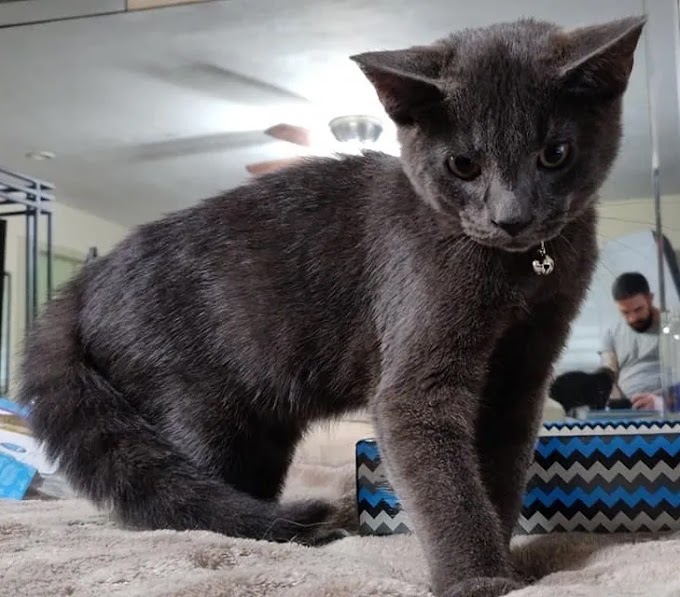This can be incredibly frustrating when a cat begins to exhibit bad behavior, especially disorderly, stinky, destructive or violent behavior. Although you may feel instinctively, in a time of frustration, punishing your cat for bad behavior, this is not the way cats learn the best and it can actually create more problems. Here are 5 reasons to encourage your cat to adopt good behavior rather than punish for the bad ones.
1 - Cats are not bad
It can be hard to remember that grudge does not cause bad behavior, especially if this behavior occurs when your cat is pissing in the middle of your bed or scratching the side of your new sofa. Despite the personal nature of these things, your cat's behavior has no malicious intent. Instead, your cat simply tries to communicate that something is not ideal in his environment. Is the litter box sufficiently clean? Something has changed at home? Do you have a new animal? Are there noisy constructions on the outside? Is there a wandering neighborhood in your yard? Learning to recognize unwanted behaviors during communications will help you get to the bottom of things and solve behavior problems constructively.
2 - Their bad behavior is in your image
As the guardian of your cat, it is your responsibility to provide him with a healthy, loving and stimulating environment. Bad behaviors arise when something is wrong and should be interpreted as an indication that something in your home needs to change. Moving your cat's responsibility to you will greatly increase your chances of changing unwanted behavior.
3 - Your cat may be afraid of you
When cats do things that they should not do (especially if it's something destructive like scratching the side of the couch), the urgency of the situation can lead us to act in ways that scare our cats. We can make it a habit to believe that shouting, clapping or splashing water is an effective way of solving the problem, since it technically stops the behavior at that time. Unfortunately, this method can also cause your cat a fear or anxiety around you, which can compromise your relationship with him or create even more behavioral problems. Instead, catch yourself when you want to scream or spray water on your cat and instead use positive determination methods. For example, providing an attractive scratching post is a much better option than screaming at a cat that is scratching the side of the couch, as it meets your cat's need for scratching and offers your cat a better option.
4 - Your cat may not know why he is punished
Cats learn by being able to directly associate behaviors with results. If you try to punish a cat afterwards, he will not understand what's going on. This scenario often occurs when a cat poops outside the litter. The cat's person can find him an hour later and punish him by making him feel while scolding him. The cat, at this point, has moved on and will not understand that the reprimand and annoyance are the result of a poop on the bathroom floor. Any actions you take to correct unwanted behavior must occur whether the behavior occurs or directly after it.
5 - The behavior can get worse
As I said above, punishing your cat can not only compromise your relationship, but also aggravate the current behavior or create new problems. Frightened or anxious cats can become aggressive, start eliminating outside litter or spraying around your house.












0 Comments